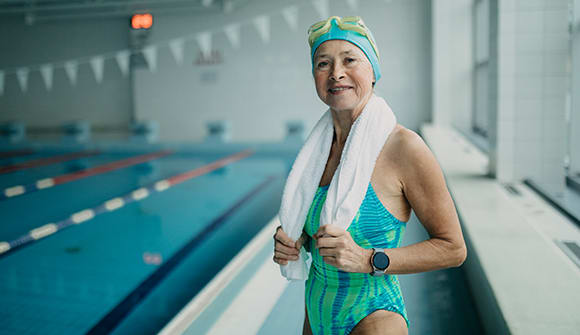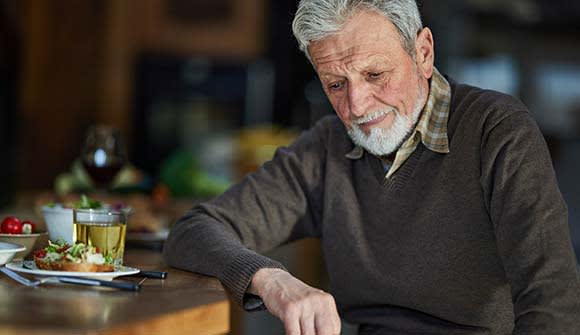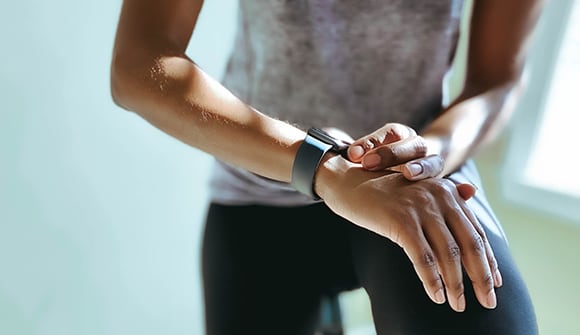‘Old’ stereotypes
Don’t let fear of aging hold you back.
Article Date:

What does getting older mean? In a society that often celebrates youth, many older people tiptoe into their golden years rather than embracing them. Anjali Gupta, MD, an internist at Baptist AgeWell Center for Health, said she often hears worries about aging from her patients—or their family members. Many believe:
- Dementia will be part of aging
- Old age is lonely
- Exercise is unsafe
- Activities you used to enjoy are just too hard to keep doing
But these things aren’t necessarily so. Here’s what is true.
Most seniors won’t get dementia. It’s true that as we get older, we lose some cognitive skills, but only about 5% of adults or so suffer from dementia, Dr. Gupta said, with the most common type of dementia being Alzheimer’s disease.
“You might forget a name here or there, but that doesn’t amount to dementia,” she said. “It just sounds scary when you know somebody who’s had it. It’s much more common to end up with diabetes or with heart problems.”
Also, dementia isn’t necessarily genetic. Lifestyle choices such as smoking, alcohol overuse and lack of exercise, as well as conditions like high blood pressure and diabetes, play a bigger role.
Loneliness isn’t inevitable. When the kids move away and friends and family are lost, it may seem like the next stage of life is destined to be a lonely one. But for many, that isn’t what happens. People who move into senior living communities often make new friends and stay connected to others for the rest of their lives, Dr. Gupta said.
“The people who suffer the worst are the ones who are not willing to leave their homes to improve their situation,” Dr. Gupta said. “The ones who keep an open mind and move in their sixties and seventies tend to adjust better. If a person has reached their eighties and still hasn’t done anything about it, that’s when it becomes really hard for them to change.”
People can exercise at any age. For those who develop arthritis, there may be some limitations on what they can do. But they likely can exercise more than they believe.
“Sometimes people will feel like—okay I can’t walk 5 miles. So that means I can’t do anything,” Dr. Gupta said. “It’s a misconception that exercise has to be all or none—they just have to make a start.”
Begin by walking 5 minutes a day for a week. Next week, increase that to 10 minutes. Then, keep going. Many patients who don’t believe they can exercise, will find themselves at 45 minutes in no time, Dr. Gupta said.
Young people may underestimate their elderly parents. At times, younger people may think it’s getting too dangerous for their elderly parents to do things like they used to, such as cooking or woodworking. In these cases, Dr. Gupta turns to the senior and asks them.
“They say, ‘Yes, I can still do that,’” Dr. Gupta said. “There’s this belief that seniors have earned the right to relax. But many elderly people want to be active. And if they are forced to just sit in a recliner and watch TV all day, they’re going to lose whatever capabilities they still have.”
Age may bring physical changes, but also brings with it years of experience and wisdom that young people can benefit from, Dr. Gupta said. In fact, many cultures celebrate their elderly for this.
“I think people mistakenly believe being elderly automatically means that you’re infirm or a burden to society. But that’s not really the case. A lot of elderly people work to stay in shape and tend to their health so they can remain independent.”
Baptist Health's AgeWell Center for Health helps seniors age 65+ stay active for themselves, family and friends. For more information about our services, or to make an appointment with one of our primary care physicians, click here or call 904.202.4243.



